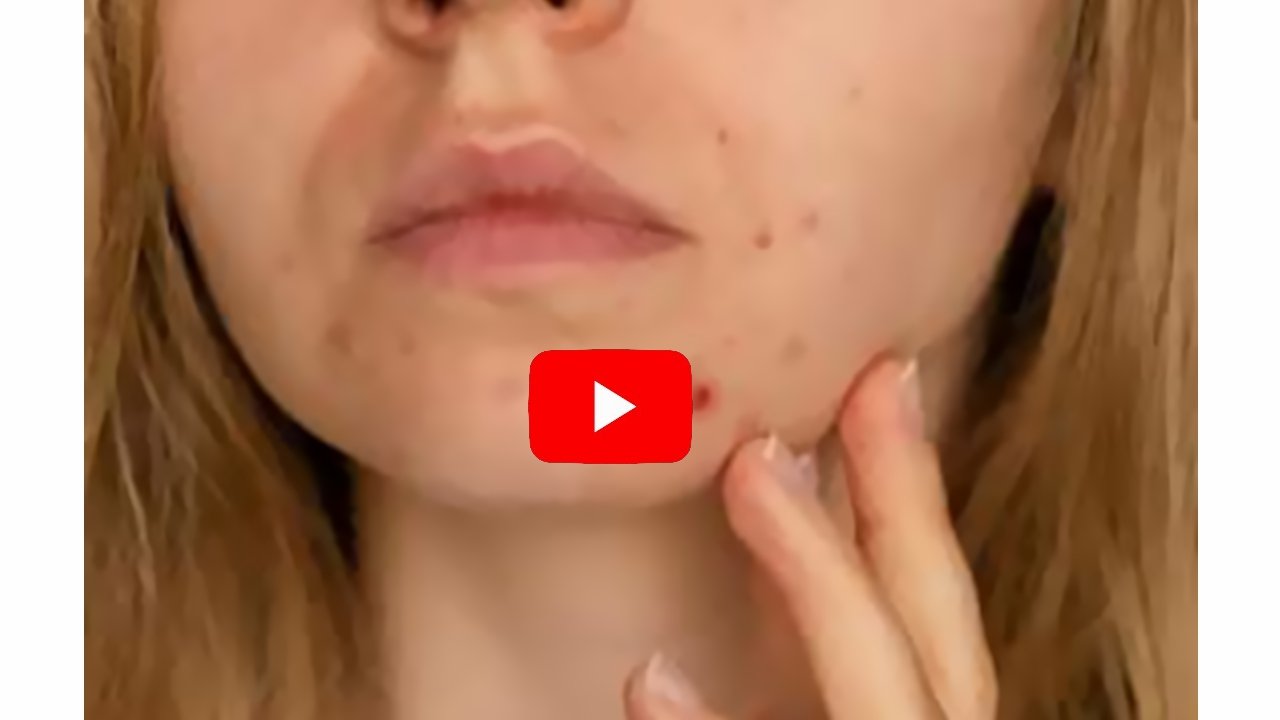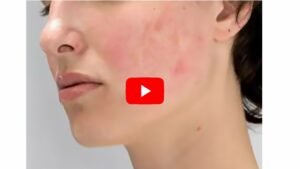Unlocking Radiant Skin: Practical Tips for a Healthy Complexion
Achieving clear, glowing skin is a goal shared by many—but the journey can feel like navigating a labyrinth. Understanding your unique skin type is the crucial first step. Every skin type—whether oily, dry, combination, or sensitive—has its own requirements, and choosing the wrong products can trigger irritation, breakouts, or both.
Build a Strong Foundation: Daily Skincare Habits
Consistency is everything when it comes to healthy skin. A reliable routine should include:
Gentle Cleansing
Wash your face regularly to remove dirt, oil, and environmental pollutants. This step prevents clogged pores and keeps your skin refreshed.
Moisturizing
Hydration isn’t optional. Even oily skin needs non-comedogenic moisturizers to maintain balance and prevent excess oil production.
Sun Protection
Daily sunscreen shields your skin from harmful UV rays, helping prevent hyperpigmentation, premature aging, and acne-related discoloration.
Nourish from Within: Diet and Hydration
What you eat shows on your skin. A balanced diet can dramatically influence your complexion:
Vitamins and Antioxidants
Incorporate colorful fruits and vegetables rich in antioxidants to combat oxidative stress, which can lead to skin damage and inflammation.
Hydration Matters
Water is more than just thirst-quenching—it flushes out toxins and keeps skin supple, resilient, and radiant.
Smart Habits: Minimizing External Triggers
Small lifestyle changes can make a big difference in preventing breakouts:
Hands Off!
Touching your face transfers oils, bacteria, and dirt from your hands, worsening acne. Keeping hands away is simple but effective.
Clean Your Environment
Change pillowcases regularly and wipe down your smartphone screen. These seemingly minor steps reduce exposure to acne-causing microorganisms and help keep skin clear.
Bottom Line
Clear, radiant skin isn’t achieved overnight—it requires a holistic approach. By understanding your skin type, following a consistent skincare routine, nourishing your body, and practicing smart hygiene habits, you set the stage for a complexion that is not only healthy but resilient and glowing.
Scientific Skincare: The Power of Evidence-Based Ingredients
Scientific skincare isn’t just a buzzword—it’s a methodical approach grounded in biology and clinical research. By understanding the underlying mechanisms that affect skin health, this strategy focuses on solutions designed to address specific concerns effectively.
Retinoids: Boosting Cell Turnover
Retinoids, derivatives of vitamin A, are among the most studied and potent ingredients in dermatology.
How They Work
By stimulating cell turnover, retinoids help unclog pores, reduce acne, and even out skin tone. Over time, they also promote smoother, more resilient skin.
Important Tip
Introduce retinoids gradually, as sudden or excessive use can lead to irritation, redness, or dryness.
Niacinamide: The Anti-Inflammatory Hero
Niacinamide, a form of vitamin B3, offers a unique combination of benefits:
Calm and Strengthen
It reduces inflammation, minimizes redness, and improves overall skin texture, making it ideal for sensitive or acne-prone skin.
Versatile Use
Niacinamide pairs well with many other ingredients, enhancing their effectiveness without increasing irritation.
Antioxidants: Fighting Free Radicals
Vitamins C and E are staples of scientific skincare for their powerful antioxidant properties.
Protect and Prevent
By neutralizing free radicals, these antioxidants help prevent premature aging, improve skin brightness, and protect against environmental damage.
Peptides: Building Blocks for Firmness
Peptides, short chains of amino acids, act as signaling molecules in the skin.
Collagen Boosters
They stimulate collagen production, enhancing skin suppleness, elasticity, and firmness. Over time, this can lead to a more youthful and resilient appearance.
Integrating Scientific Skincare Safely
While incorporating these powerful ingredients can transform your skincare routine, caution is key. Introduce new products gradually, monitor your skin’s response, and adjust as needed. This careful approach minimizes irritation and maximizes benefits, allowing your skin to thrive.
✅ Struggling with acne? Discover the 2 natural solutions I personally recommend:
👉 Get Ninja Health Now — Launch Your Health Site in 60 Seconds
The Science of Skin Health: Understanding Your Body’s Largest Organ
Skin health science explores the intricate biological mechanisms that maintain the skin’s function, resilience, and appearance. As the body’s largest organ, the skin acts as a powerful barrier, defending against environmental stressors while performing vital physiological roles.
The Three Layers of Skin: Structure and Function
The skin is composed of three primary layers—each with distinct responsibilities in maintaining health, hydration, and protection.
Epidermis: The Protective Outer Shield
The epidermis is the outermost layer, critical for protection and hydration. It is populated with keratinocytes, cells that produce keratin, a protein that strengthens the skin and keeps it resilient against daily wear and tear.
Dermis: The Functional Core
Beneath the epidermis lies the dermis, home to blood vessels, hair follicles, and sebaceous glands. Sebum, the natural oil these glands produce, moisturizes the skin, but overproduction can lead to clogged pores and acne.
Hypodermis: Cushion and Insulation
The hypodermis, or subcutaneous layer, provides insulation, cushioning, and energy storage, protecting deeper tissues from impact and temperature changes.
Linking Skin Layers to Acne
Understanding these layers is not just academic—it has practical implications for skincare. Acne often begins in the dermis, where excess sebum production and clogged pores trigger bacterial growth and inflammation. Recognizing this origin helps in selecting the right treatments and skincare routines to effectively manage and prevent outbreaks.
Bottom Line
By grasping the roles of the epidermis, dermis, and hypodermis, you gain insight into how skin functions, why acne develops, and how to target treatments effectively. Knowledge of these layers lays the foundation for healthier, clearer, and more resilient skin.
✅ Struggling with acne? Discover the 2 natural solutions I personally recommend:
👉 Get Ninja Health Now — Launch Your Health Site in 60 Seconds






